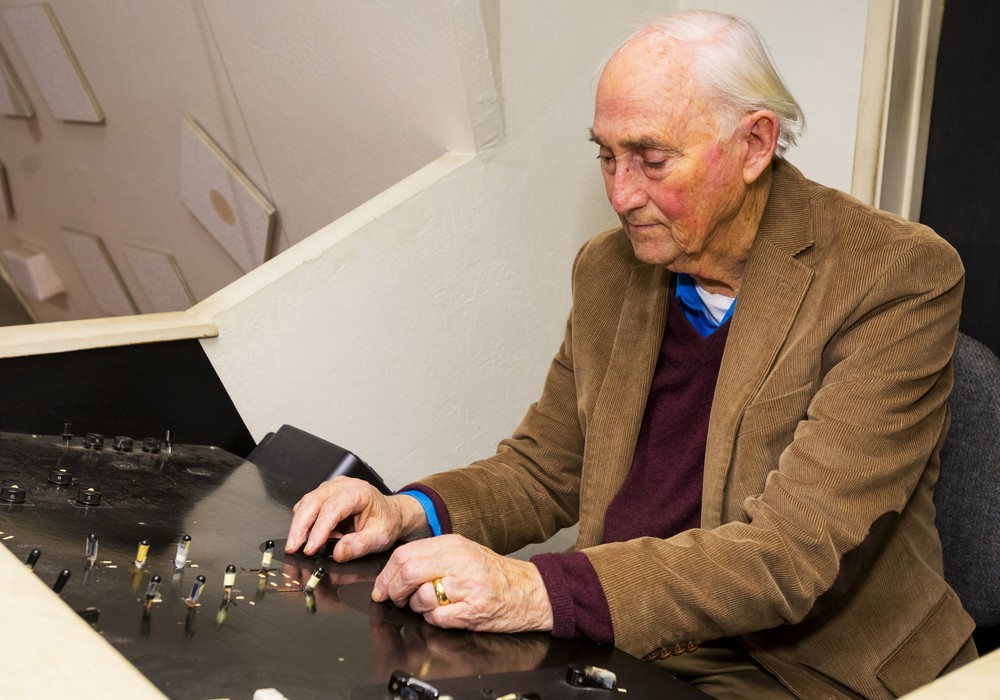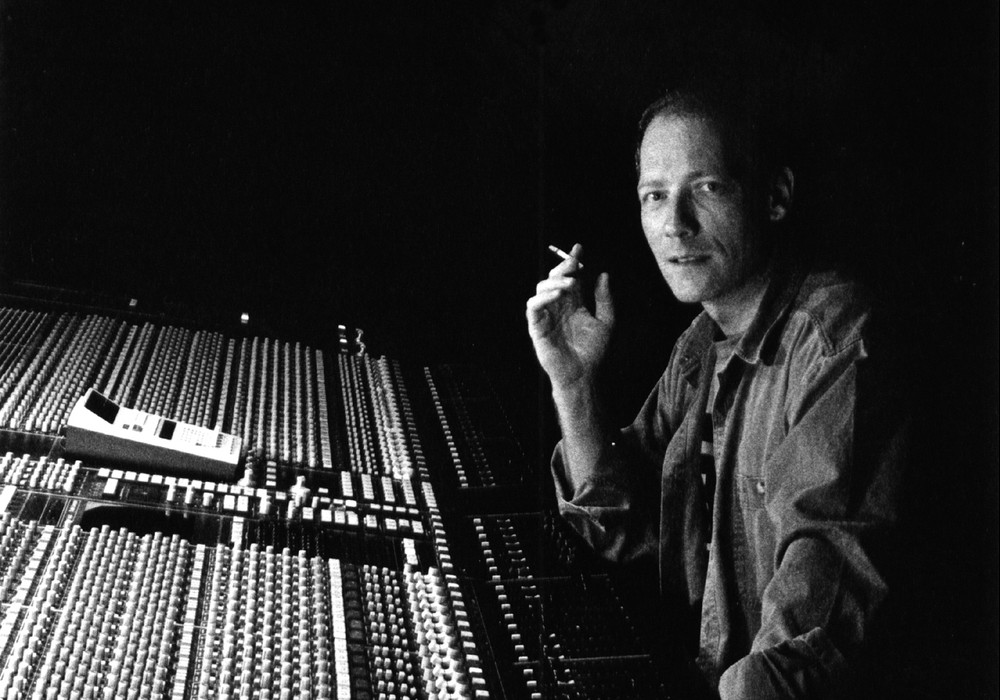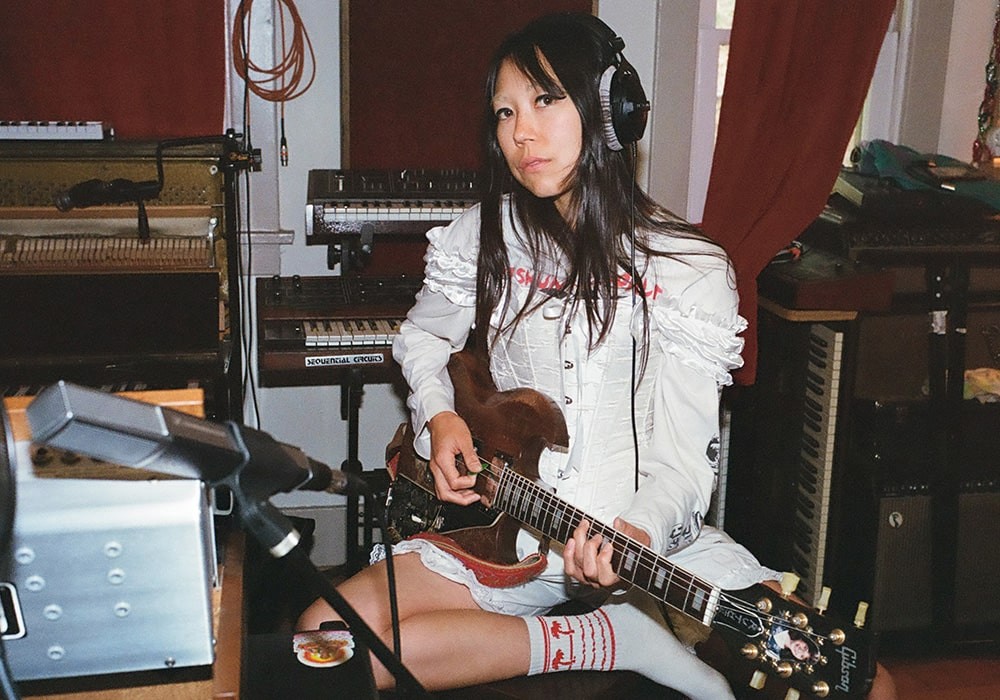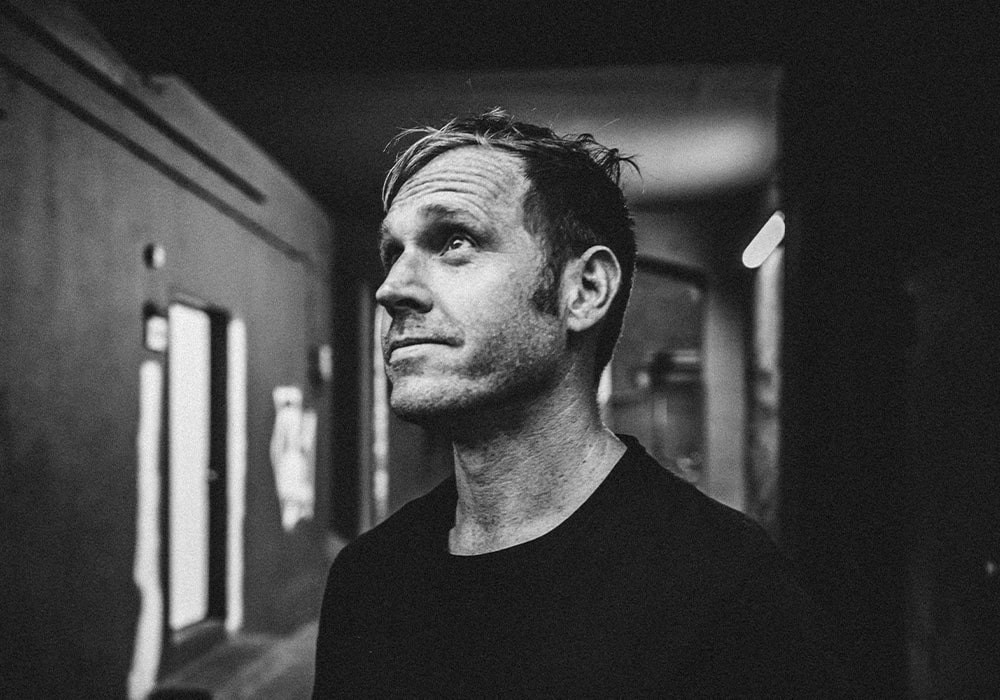Macha are a different band. Their use of Indonesian and other "ethnic" instrumentation within the format of what you would call a "rock" band is rather unique. The instruments add a texture not available from guitars and they utilize them in a way that doesn't call up the soppy tripe of "world-beat" or the pretense of Dead Can Dance. Their recent album, "See it Another Way," was recorded at Chase Park Transduction by David Barbe and the boys [Tape Op #14] in Macha's hometown of Athens, Georgia. I caught up with Joshua Mckay and Kai Riedl in New York and saw an amazing Knitting Factory show a few nights later.
David Barbe has a thing about having to take a two hour break and not working weekends; did you guys encounter that when you were working with him?
Joshua: Yeah, definitely. He was the daytime shifter. The way we had to do our recordings was on a small budget, too little time to do it at home and too small of a budget to do everything that we would like. When we get our six days allotted for making the record, it needs to be literally six 24-hour days. We developed a system where I would come in at nine in the morning and work with Dave until 6:00. At 6:00, Andy Baker, who has a little nighttime stamina about him, would come in from 6 to 2. Andy LeMaster, who's the wild man, night animal would come in later.
You don't hear about that too often.
I don't think it's so common, it's tricky for all parties involved, and there's a certain element of uncertainty...coming in cold. Fortunately, all three of them seem to have their individual perception and they work great as a team. Usually it was very systematic. I had to chart out all the instruments that were going to be tracked so we could have an idea of how we were going to get it done in time. We didn't get to experiment a lot; most of the experimentation was with getting the sounds.
Like how to mic something? You've got some unusual instruments.
Yeah, and they really change in the sound environment. We learned a lot from the first record. The first one had a more elaborate recording situation. On the second one, I learned from the mistakes on the first one — like the shape of the room and the mics we chose. The big thing with the first record was getting really nice sounds, because I was doing a lot of overdubbing one instrument at a time. When you're getting a nice sound in the room, one by one by one, when you pull them all together it sounds a little too diffused. After the first record they built these really great, huge baffles that can make a little room inside the big room.
That's a good idea, I do that with office panels, you can get them used.
These are just towering things that you hope they don't fall on you.
Do they lower them down from the ceiling?
No, they just have them on wheels. They've got the physics right- what seems like a very shallow base for such a huge baffle somehow sits right. Those guys work hard. They're so into finding the way to the greatest sounding recording studio. They really, really think about preamps and compressors, not effects racks.
What kinds of things were they pulling in when you were working there?
Kai: They had this plate reverb that we tried to use.
Was it working?
We used it a little bit but it was on the blink. I think it was on the blink on the second record.
It was in mono, wasn't it?
No, it was in stereo the first record.
Yeah, but on the second record it was mono.
One channel wasn't coming back?
Right.
In the sessions did you start out with a basic scratch track or rhythm track to build the songs on?
Generally it's two people laying down basic tracks.
Do you have charts to figure out what's going to be added when?
The arrangements are definitely worked out. We record demos at home on cassette 8 track. A big part of the stuff I talked about with the engineers was how I could get it to be a "not-so-professional" rock recording. I was really trying to get the sounds of our wooden room at home, and the good tape compression of a cassette multi-track. I'm really a fan of getting what you want with the sound that's going to tape. There tends to be so much that isn't decided until mix...
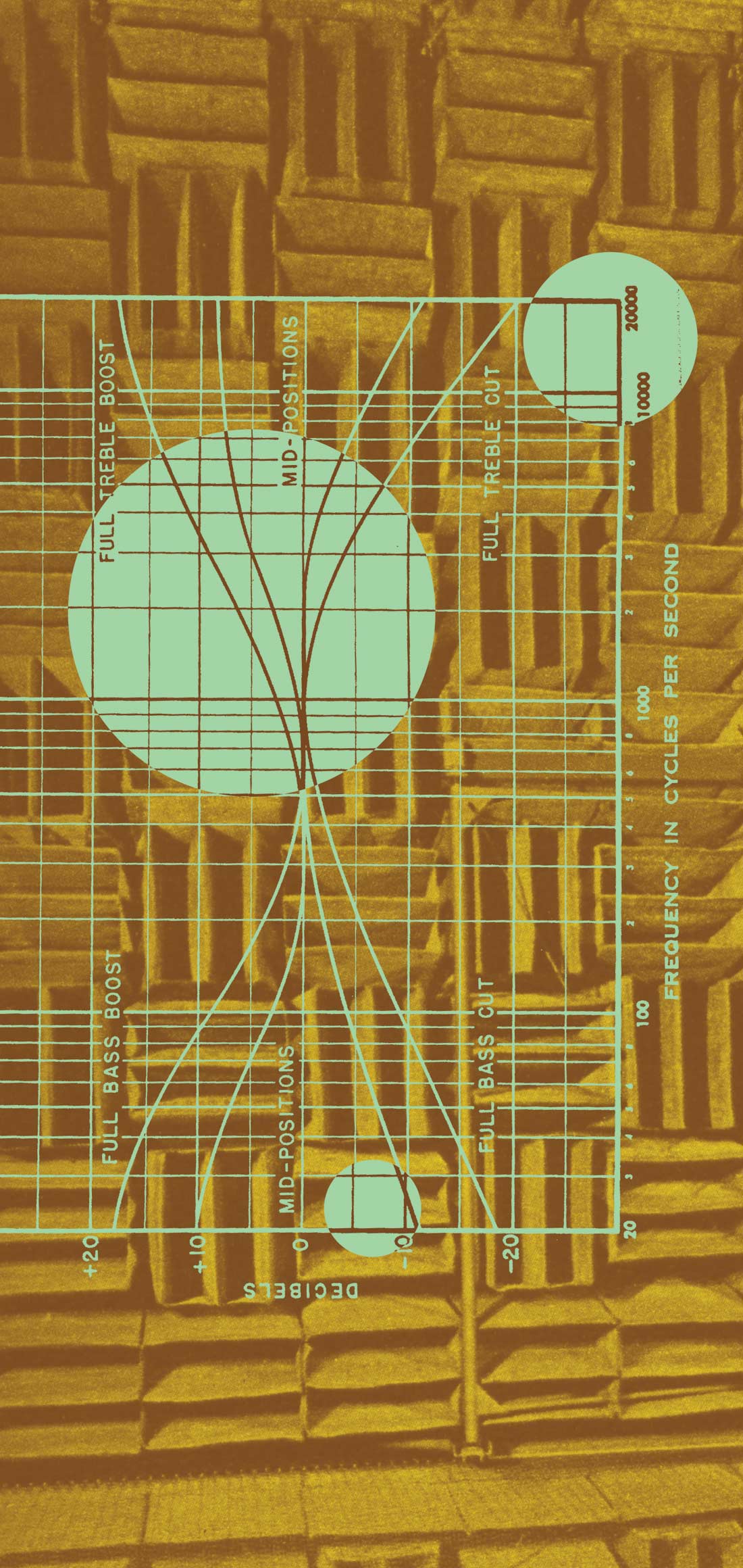

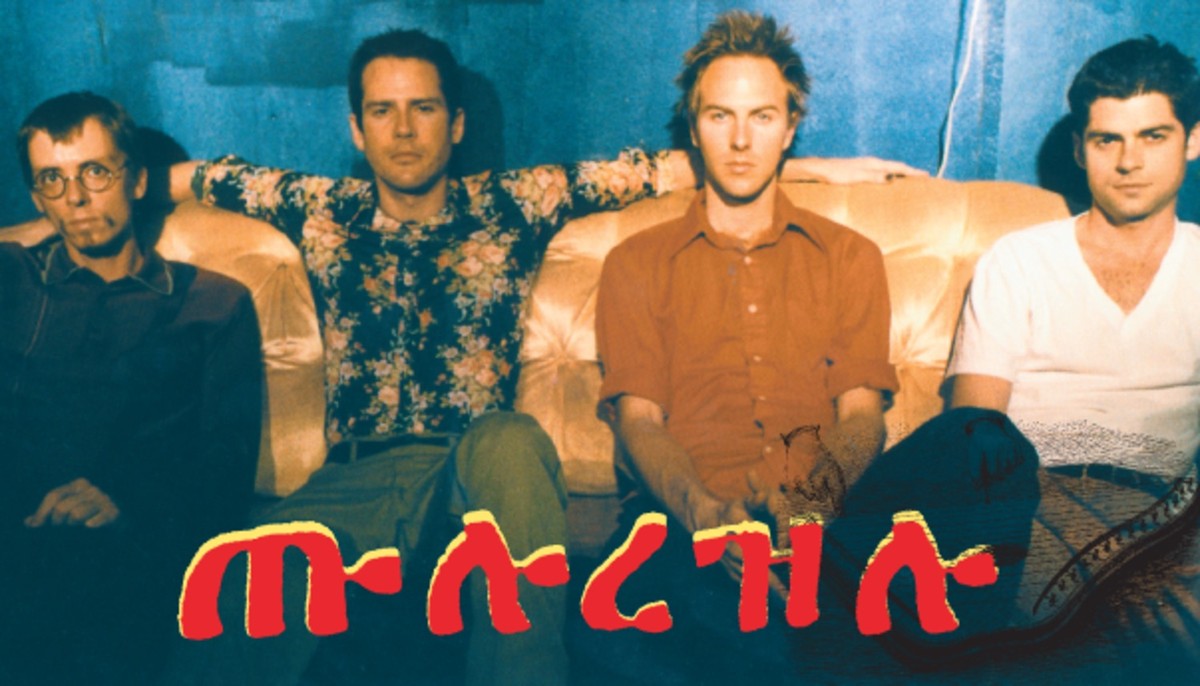
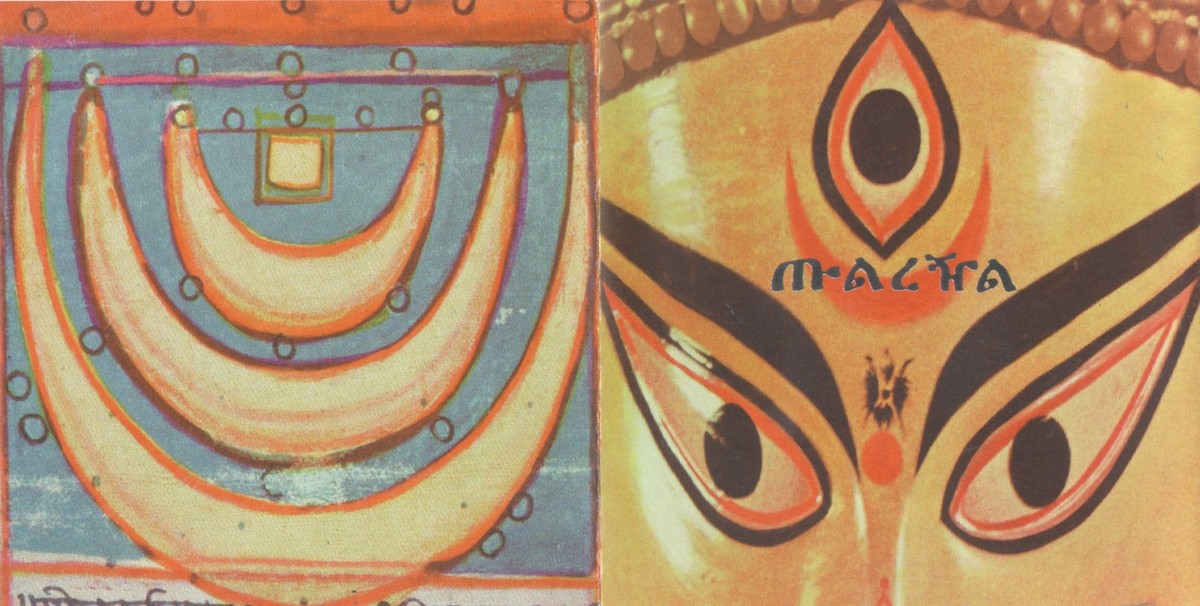
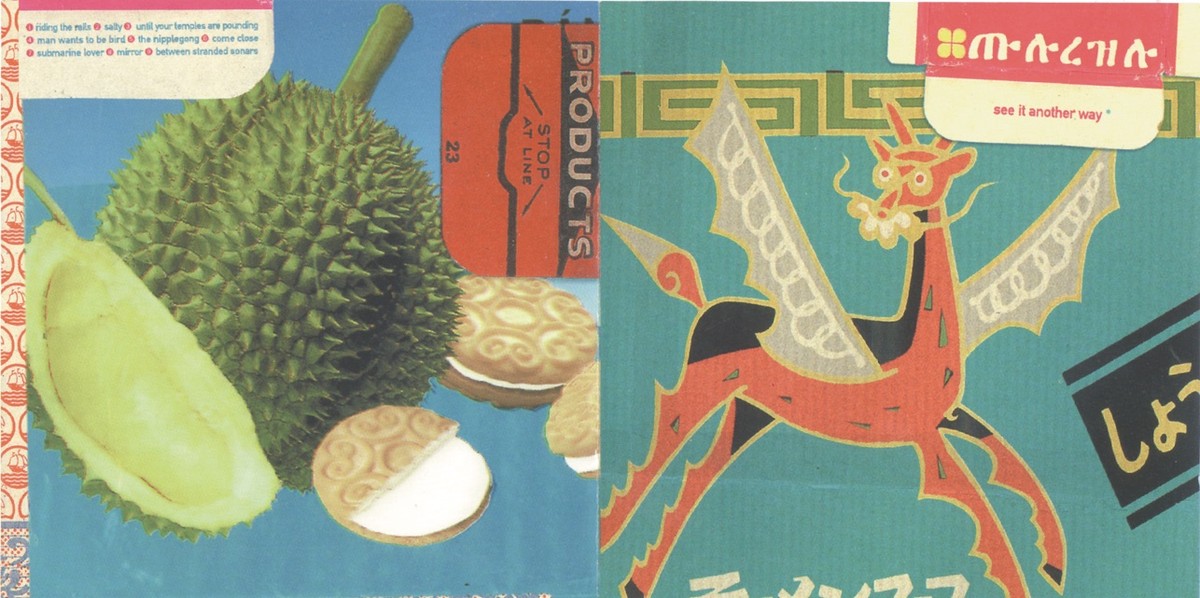
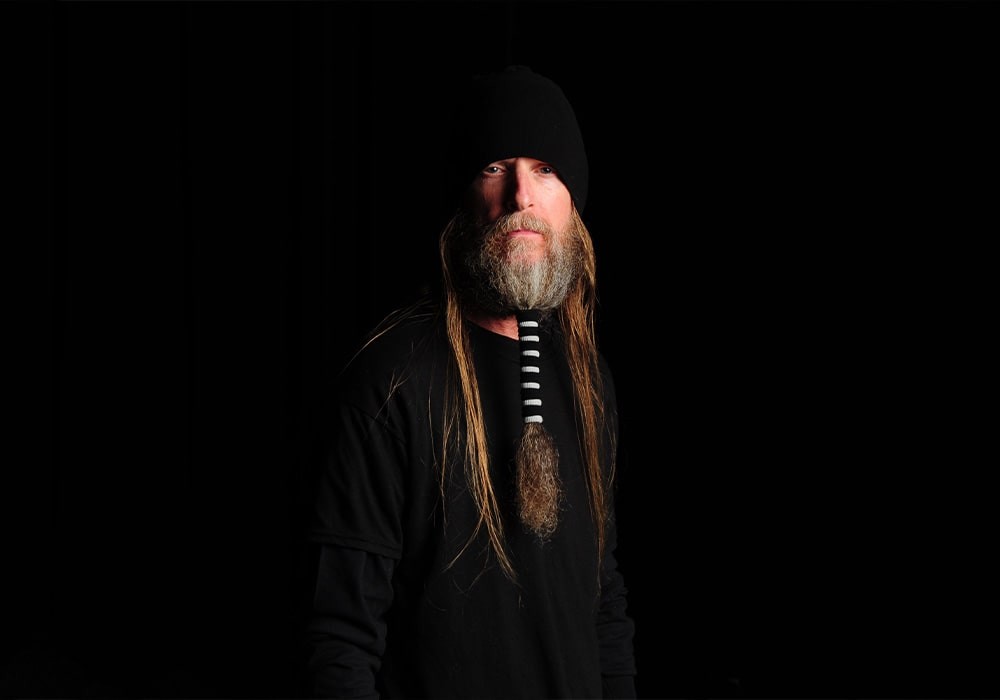
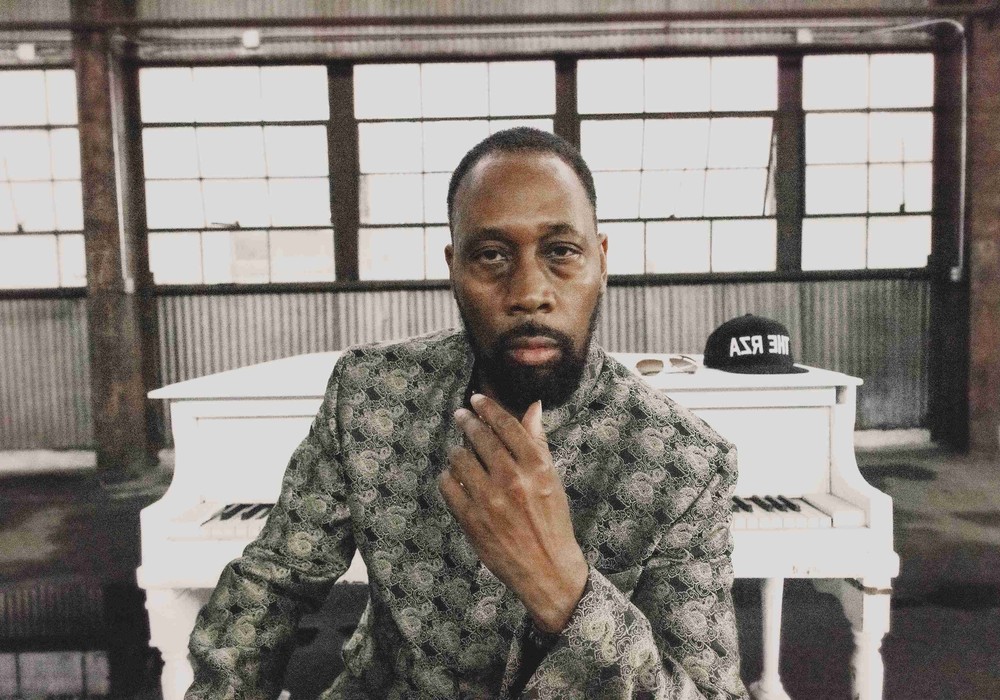

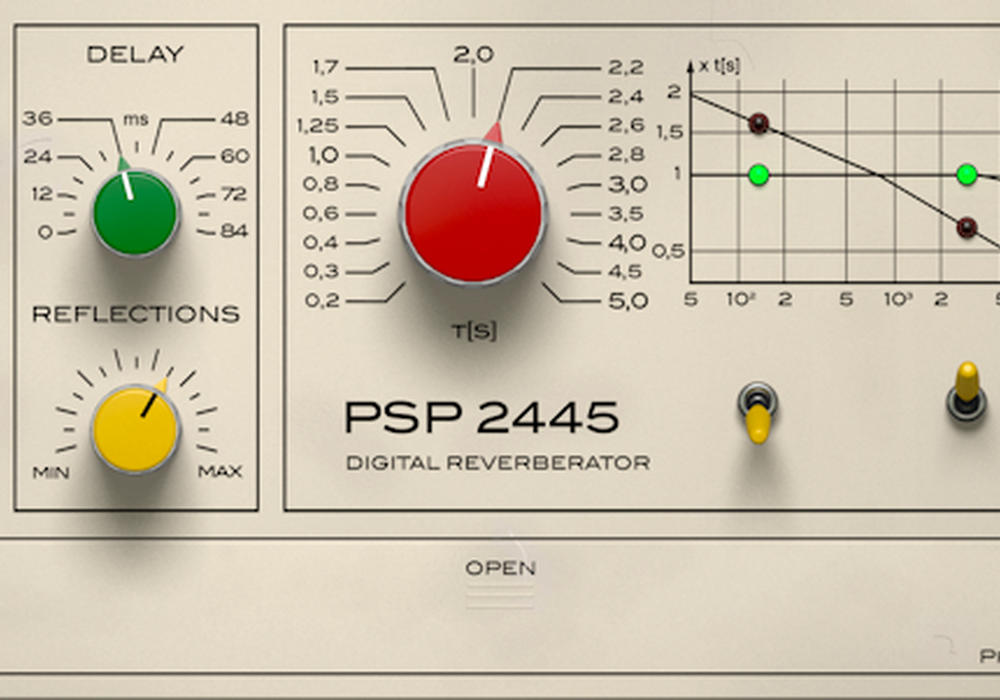
_display_horizontal.jpg)
